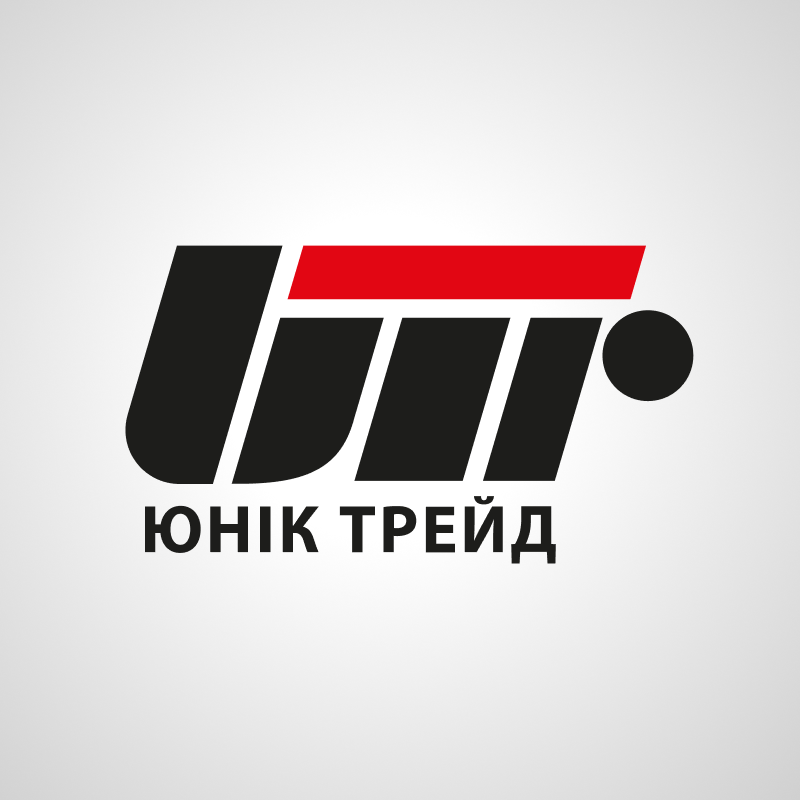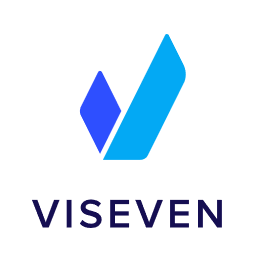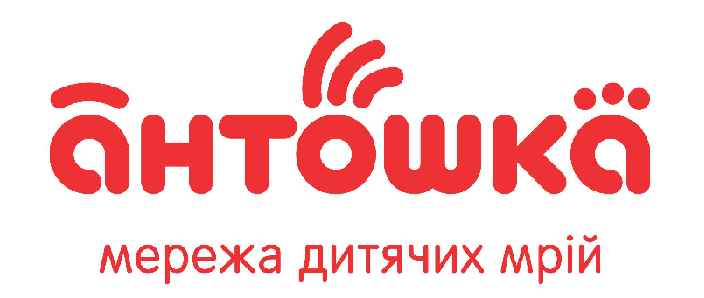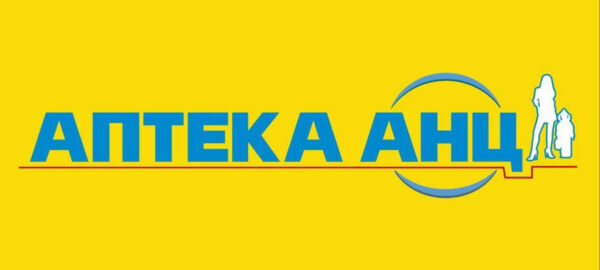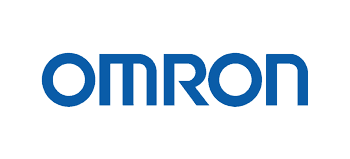
Investing in the future. How LMS helps companies build a talent pool
Developing a talent pool is a key task for modern companies. It helps ensure the stability and success of the business in the future. However, it also has its challenges. Constant changes in the labor market, staff instability, and the need to provide qualified personnel. And these are just some of the factors that complicate the formation and development of the talent pool.
More and more specialists are involving Learning Management System (LMS) in this HR process. By automating employee training and development processes, it makes it possible to effectively address the challenges associated with developing a talent pool.
In this article, we’ll look at the main challenges that arise when developing a talent pool and, together with e-learning expert Svitlana Levicheva, show how implementing an LMS can help overcome them.
Talent pool: why it is important and what challenges it faces
The talent pool helps develop internal talent, ensures business continuity and the company’s readiness to fill key positions. It is also a competitive advantage in the market. Having professional employees allows you to respond to changes faster, implement innovations and achieve your goals.
Let’s look at a number of challenges that companies face when developing and training a talent pool:
- Assessment of potential: It is crucial to conduct an objective assessment of candidates’ skills, knowledge, and characteristics to determine their potential for development.
- Creation of development programs: Talent pool development programs should be individualized and meet the needs and goals of each employee.
- Progress tracking: It’s essential to track the progress of talent pool members and make necessary adjustments to development programs.
- Employee motivation: Due to the long duration of the development program, employee motivation may decrease.
- Data analysis: To ensure the effectiveness of the talent pool development strategy, it is necessary to analyze data on a regular basis, monitor trends and patterns.
How LMS helps to solve these challenges
- Potential assessment: The LMS provides tools for automating and conducting various assessments, including 360, 270, 180, and 90 degree methods. These methods allow not only to assess the level of competence of an employee, but also to determine his or her potential for future development.
- Creating development programs: The LMS allows developing individualized learning programs that take into account the needs and level of knowledge of each member of the talent pool. The ideal story is to create an IDP after a 360 assessment.
- Progress tracking: The LMS automatically monitors learning progress and tracks the results of each participant. This allows you to respond quickly to possible problems and make quick adjustments to training programs.
- Employee motivation: The LMS has built-in gamification tools, such as reward systems and virtual achievements, that encourage employees to actively participate in training programs.
- Data analysis: The LMS provides the ability to analyze employee training and development data, which allows the company to improve its talent pool development strategies.
With an LMS, companies can increase the effectiveness of their talent pool development programs, better motivate and engage talent pool members, saving time and resources.
LMS Collaborator is a powerful tool that will help you do just that. Conduct an objective assessment of your employees’ potential, design individual development programs, and track their progress. To try it, leave your application.
What are the challenges and obstacles that can arise when building a talent pool, and how can they be overcome?
Svitlana Levicheva – Head of the Training and Development Department at Territory of Minimum Prices
 If a company needs to develop and take a leading position in its industry, it must learn quickly. And in order to be able to replace current managers and key employees in time (in case of their loss for any reason) or to appoint newly opened vacancies with trained newcomers. When a company scales up, it is necessary to build an internal talent pool. This is a critical strategic task, especially in today’s environment.
If a company needs to develop and take a leading position in its industry, it must learn quickly. And in order to be able to replace current managers and key employees in time (in case of their loss for any reason) or to appoint newly opened vacancies with trained newcomers. When a company scales up, it is necessary to build an internal talent pool. This is a critical strategic task, especially in today’s environment.
Building a talent pool can face various challenges and obstacles. For example, insufficient qualifications of candidates who meet the requirements. This requires developing an internal system of training and staff development, creating training programs that will help employees fill in knowledge gaps and achieve the appropriate level of qualification.
It is important to identify and attract potential candidates at the early stages of their career development, offer competitive working conditions and create incentives to attract and retain talent.
To avoid accidental departure of key employees or loss of experts, it is necessary to systematically assess staffing needs, identify potential successors for key positions, and develop succession plans.
Building a talent pool can require significant training and development costs. To overcome this problem, it is necessary to develop effective training programs within budgetary constraints and look for opportunities to use internal resources. Also, subjective views of managers can lead to an inadequate assessment of employees’ potential.
One of the effective ways to overcome these obstacles is to use an LMS that will help optimize and automate the process of forming an internal talent pool. Applying:
– structured interviews, test tasks to determine professional competencies and abilities;
– motivation, engagement and loyalty to the company;
– objective evaluation methods;
– involvement of unbiased experts;
– retaining unique expertise within the company, while saving time and money.
Replacement of management positions from the internal talent pool. Experience of Optima Hotels and Resorts
At the beginning of the full-scale invasion, the staff of Optima Hotels and Resorts (ed: formerly Reikartz Hotel Group) was reduced and the company faced problems of working capital shortage and partial decline in service quality. To keep the business running in the new environment, the company’s training department developed an online course to train the talent pool. Heads of the company’s line divisions and employees of various positions were invited to attend.
The use of the LMS Collaborator platform helped to quickly organize the training, where employees took lectures and course assignments for 3 weeks.

As a result, Optima Hotels and Resorts managed to fill 4 management positions with the help of the talent pool.
Read more about the case: Through technology and a culture of learning: how Reikartz Hotel Group adapted its business to war conditions. 4 elearning cases
Conclusion
Developing a talent pool is the key to stability, success, and competitiveness in the market. Using an LMS to manage the talent pool allows companies to solve a number of problems:
- Assess the potential of employees.
- Develop individual development programs.
- Track the progress and motivation of participants.
- Analyze data and improve strategies.
This helps to ensure business continuity, improve the quality of services, and increase the company’s competitiveness.
Building a talent pool is not just a task, it’s an investment in the future of your company. Take a step towards success today with LMS Collaborator.
Leave your application and try the benefits of the learning portal right now.





